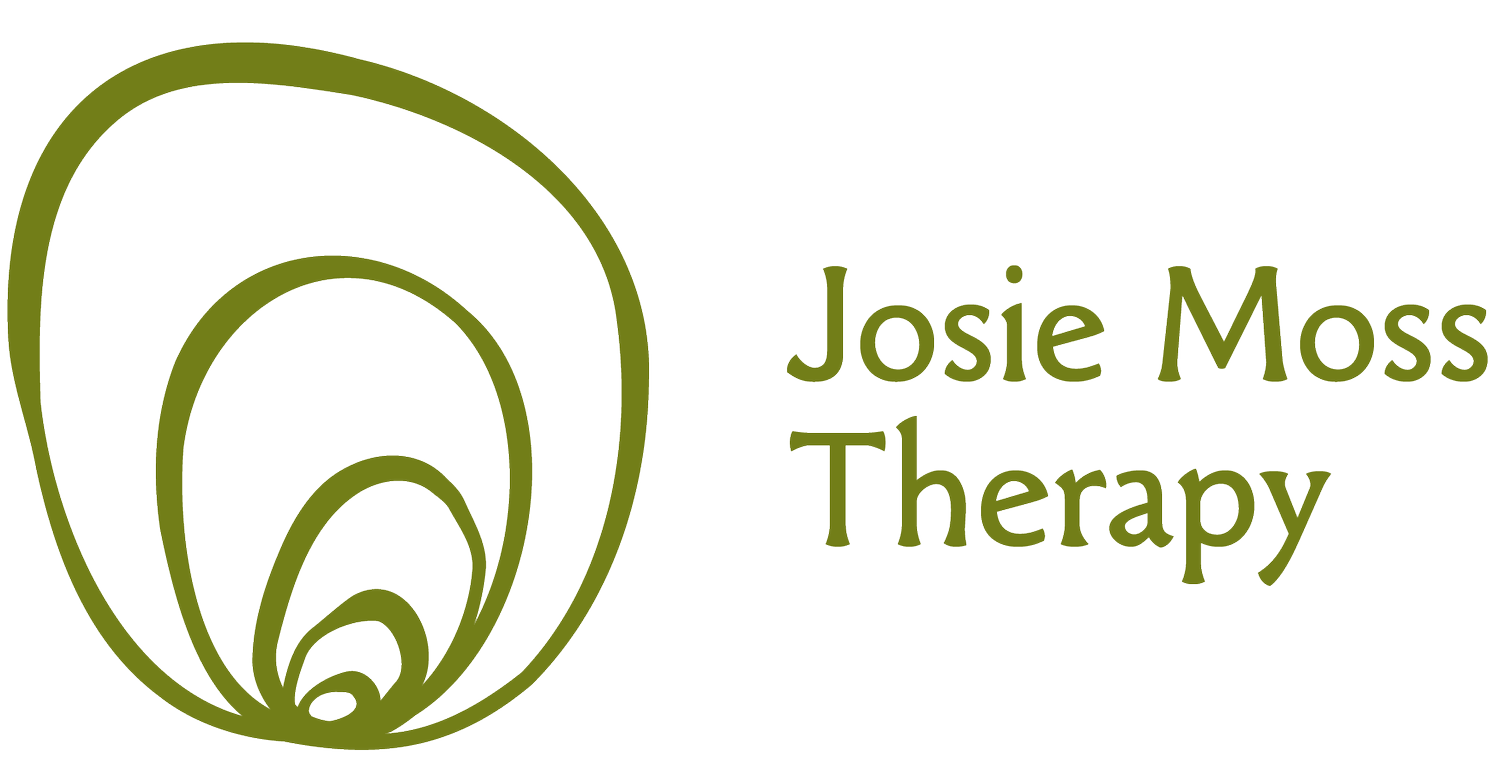Questions?
I’m not crazy or anything. Don’t other people need therapy more than me?
There are so many reasons that we might need some therapeutic support. Life is big. It is really common to feel that you don’t “deserve” therapy, or that other people “need it more”. If it helps to think of it this way: making your life easier will flow on to those around you.
How long do I need therapy for?
We can work that out together. Short-term therapy is valuable in meeting your immediate needs. But as a rule, long term change needs at least 40-50 sessions.
What?? 40 to 50 sessions?!
It’s just one hour out of your week. That’s only 40-50 hours over a year, or 2 days worth of hours. Complex issues will need more time. My invitation is to give yourself that time.
What does the therapy space look like?
https://www.adrienecobcroft.com/the-mountain-room
Why do I need a therpist? I have good friends.
Good friends are wonderful!
Sometimes though, long-term issues can take up a lot of space in our friendships. With me, you can lean right in. You don’t have to worry about being “too much” or “too little” or “too sad” or “too messy”. This is your time.
What’s psychotherapy anyway?
Psychotherapy typically explores issues at a greater depth. By working with underlying emotions, thoughts, feelings and experiences, long-term change can be created.
Is it like counselling then?
Counselling tends to work with immediate issues that are troubling someone and is often short-term.
I can do both, and both can be helpful at different times.
And how about psychology?
It’s a good question, as psychology overlaps somewhat with psychotherapy.
Psychology is literally “science of the mind”. It evolved from the laboratory. It’s especially good for understanding disorders like OCD and phobias.
Psychotherapy means “attending to the mind”. It evolved from the human-to-human relationship in a room.
Once again, both have something to offer.
Being integrative, I work relationally person-to-person using theories that have scientific support, as well as psychological understandings in my work.
At the end of the day, you should judge your therapist and the therapy by how supported you feel.
I’m too weird for therapy…
Not a question, but a common fear. “Weird” usually means not in the middle or mainstream. There are a million different shapes and ways to be human. From my own life, I bring different versions of myself to the room. I have grown through trauma, lived as a straight person now queer, had relationships in different configurations, have a family member with limiting disabilities (as well as many strengths) and (through family, marriage and travel) also understand the migrant experience. Plus I come from a neurodiverse family and identify as neurodiverse in a few different ways. Whatever your flavour, you are perfectly safe here.
Look, I’m just a bloke.
Great.
I can talk straight. No bullshit. Men sometimes find therapy a bit foreign. I try and make it so it suits you.
I’ve had a really bad experience with a therapist in the past. How do I know I can trust you?
First of all, I’m really sorry that you have had a bad experiences. It can be quite traumatic if the person who should help you makes you feel bad.
I would be interested to know what has worked for you in the past, and what hasn’t. In our first session or two, we can negotiate together how you want therapy to go, and what you can expect from me. I want to give you as much choice as I can. And I am always open to feedback and questions.
"Will it be hard?”
There is no question that therapy can be uncomfortable at times. That simple shows you are changing. But it should always be within your coping range: that is something we work on together. Ultimately, you are in the driver's seat. Therapy can also be satisfying, fun, and a relief.
“Healing is the hardest thing I've ever done in my life but the most worthwhile.”










